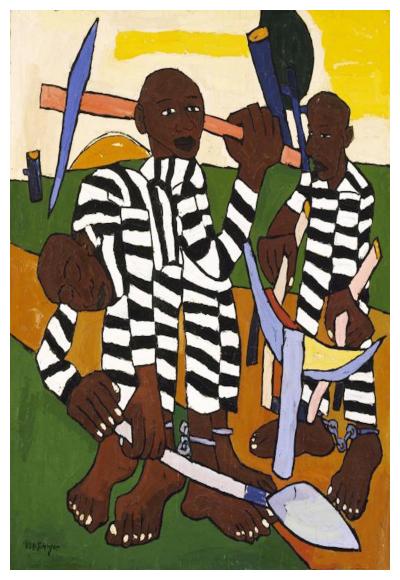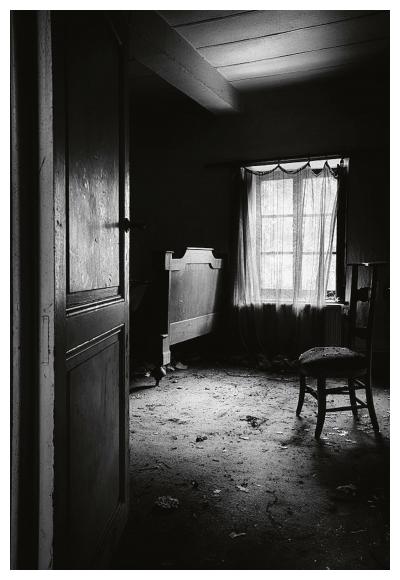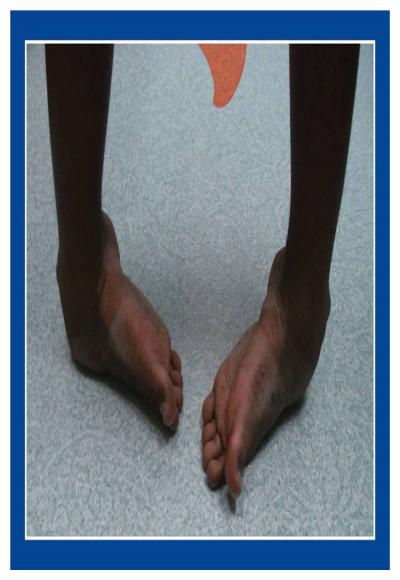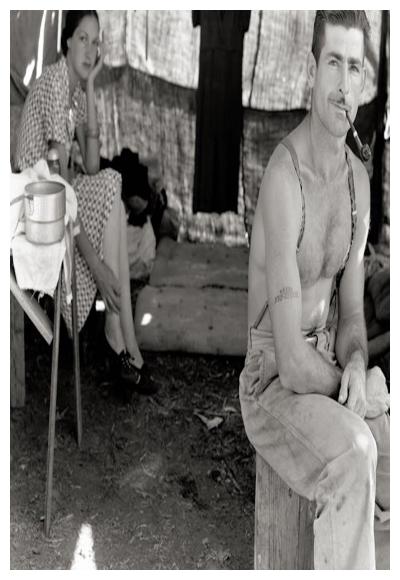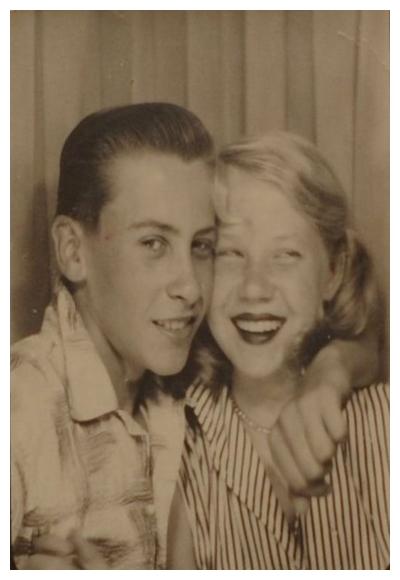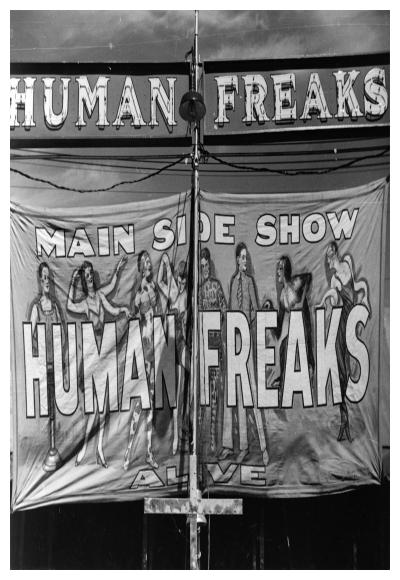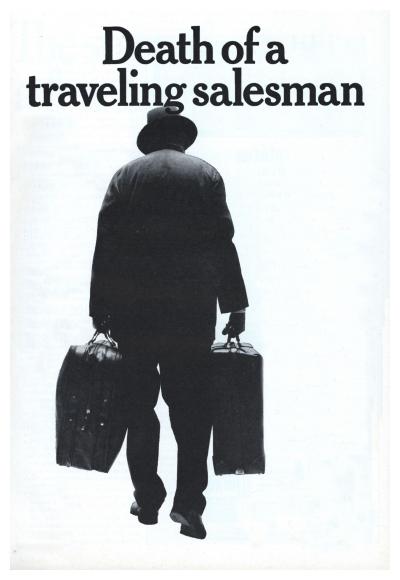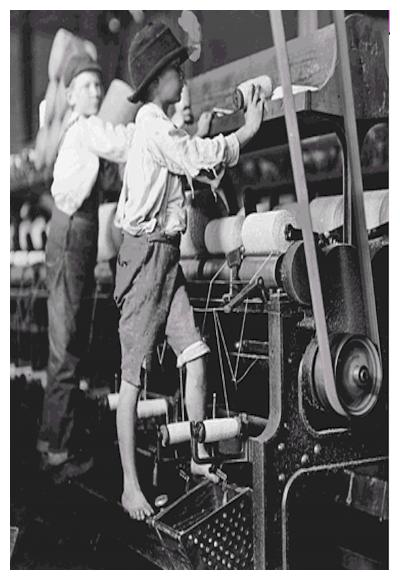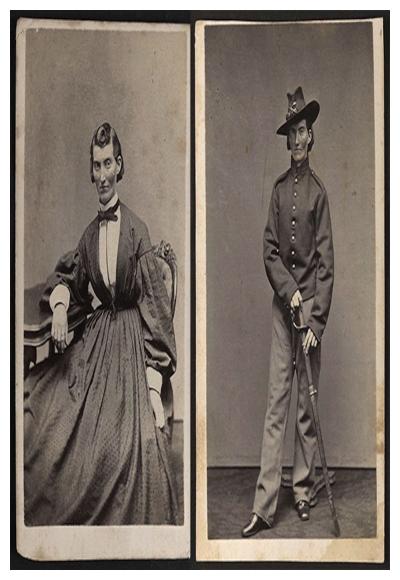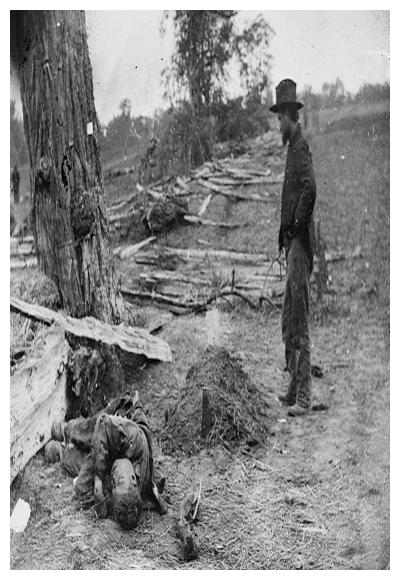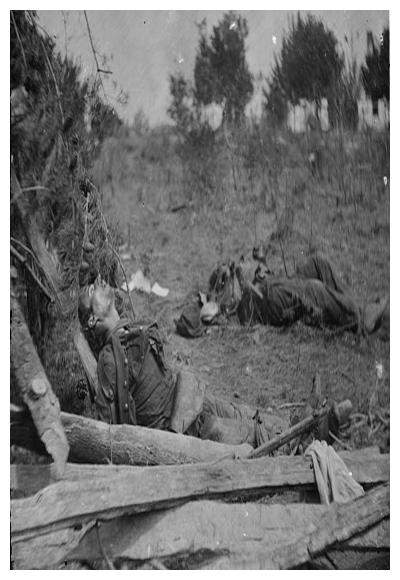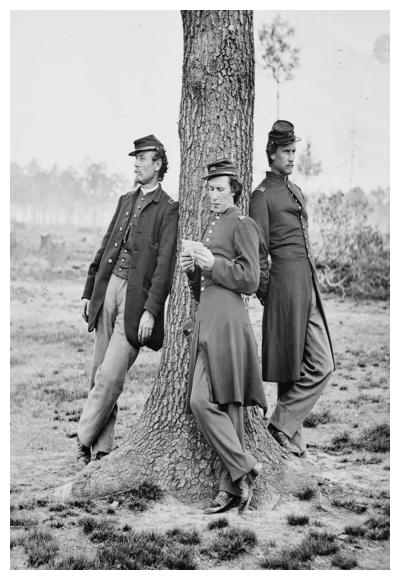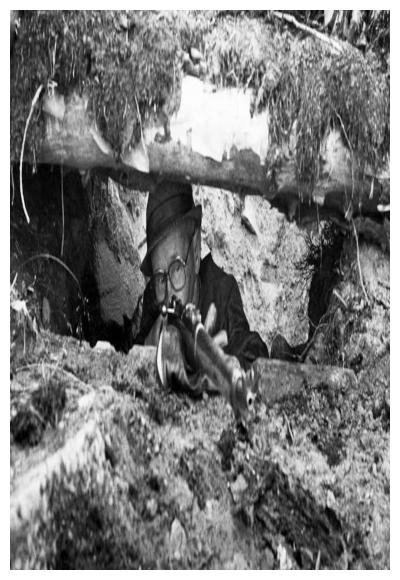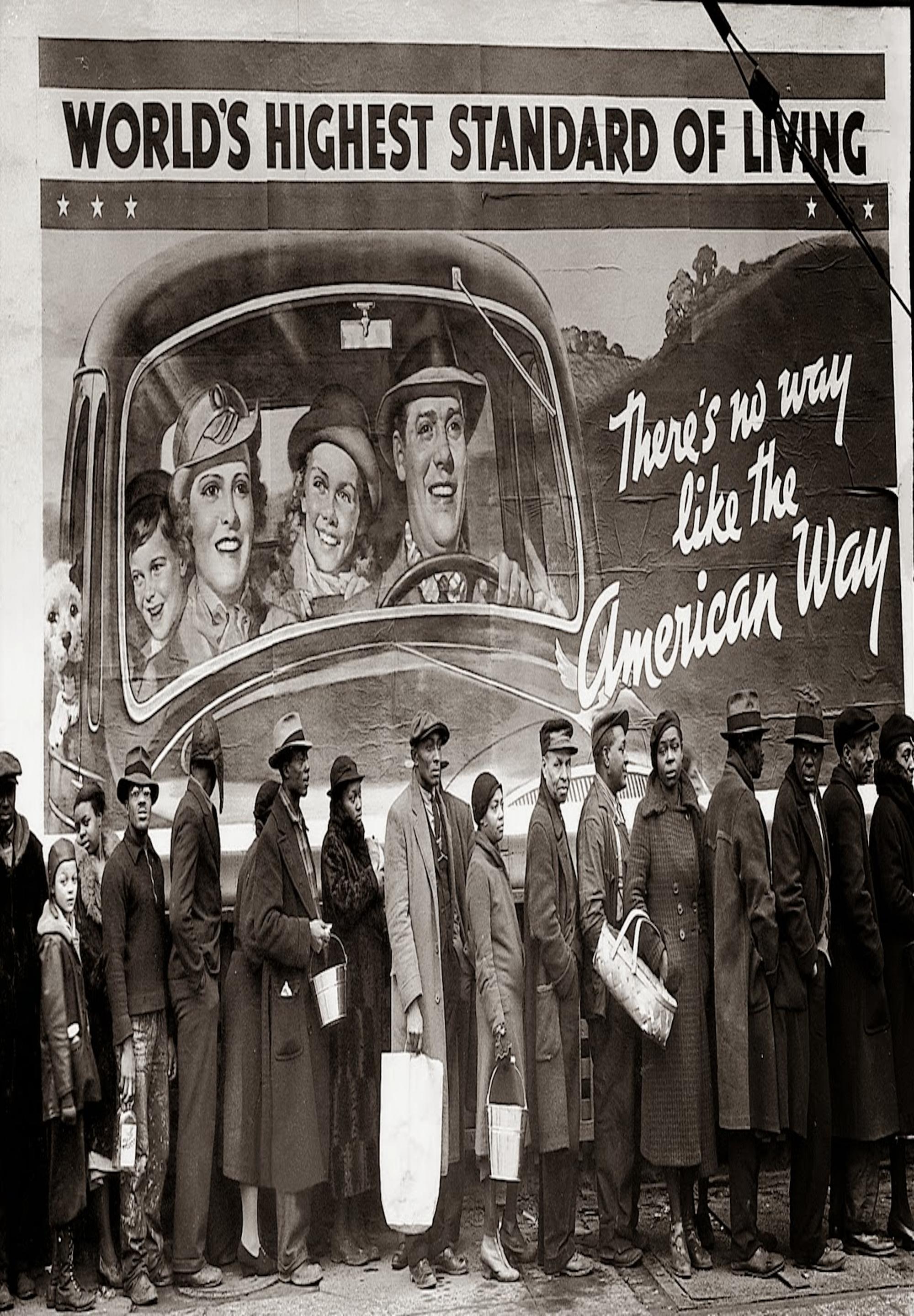
Synopsis/Details
Newark, New Jersey: 1931. Early one afternoon, we see Arthur Kirby shooting marbles in the family living room. Caroline, his sister, is out in the street talking to some girls. Ma Kirby is getting ready for a journey: she is packing and putting on her hat, and asking Arthur to look for his hat. Ma explains to a neighbor that, along with her family, she is going away for three days to Camden to see her married daughter, Beulah, who has been ill. Elmer Kirby, Ma’s husband, comes in with Arthur's hat (found in the car); he has just returned from getting the car serviced. Finished packing, Ma collects two pieces of luggage and starts for the door. Arthur, Caroline, and Elmer follow her, and all of them get into the family car.
As the family drives, they appreciate getting out of the city—as well as seeing such signs of the Great Depression as breadlines, abandoned buildings, and hoboes. In Elizabeth, New Jersey, the Kirbys stop so that a funeral procession may pass. Here it is revealed that there was a sixth member of the family, Harold, who gave his life for his country (ostensibly during the First World War). The Kirbys later pass through New Brunswick, and the children’s attention is drawn to various billboard ads that provoke laughs, questions, or lessons. The discussion shifts to Ma Kirby’s cooking, which she has done (well) every day for twenty-five years—except for the few times when the family went out to eat.
Arthur soon asks if he can take a newspaper route; after Ma Kirby says “no” because her son needs the sleep God intended him to have, he gives a sarcastic reply. Ma tells her husband to give Arthur a dollar so he can go back to Newark alone, because she does not want to be on a journey with anyone who talks in such a manner. Elmer says he will speak with the boy later. The family rides in silence—until Elmer decides to stop at a gasoline station to fill the radiator with water. Ma strikes up a conversation with the gas-station attendant, and then the Kirbys continue their journey. Not long afterwards, Elmer pulls off the road again and sends Arthur to get hot dogs. After doing so, Arthur apologizes to Ma about his previous wisecrack.
The Kirbys quickly pass through Lawrenceville and Trenton, following which the family discusses the population of the United States (126 million, says Elmer). Suddenly Arthur starts singing, and the family follows suit until Ma sees the sign for Camden. She briefs her children on how they should behave, because Beulah has just gotten out of bed after a big operation. Ma instructs Elmer and Arthur to drop her and Caroline off at Beulah’s house, go check in at the Y.M.C.A., then return for dinner. After the whole family greets Beulah, Elmer and Arthur drive to the Y.M.C.A., where the men will be spending the night; Caroline runs off to see a surprise for her in the backyard (a puppy); and Ma is finally alone with her adult daughter.
Now we learn the real reason Ma Kirby needed to see her oldest living child: Beulah’s first baby died minutes after being born. The conversation between these two women quickly turns from the death of Beulah’s baby, and God’s will, to what the Kirbys will be having for dinner that evening. Beulah remains her mother’s little girl, as she does not want Ma to leave her side in a second-floor bedroom (Beulah’s husband is still at work), even though her mother must attend to the chicken in the oven downstairs. Ma tells Beulah to rest and starts to walk downstairs, singing the first verse of a hymn. As she is going to the kitchen, a beggar knocks on the front door in search of a handout—something to eat or some small change.
Story & Logistics
Story Type:
Road Trip
Story Situation:
Deliverance
Story Conclusion:
Bitter-sweet
Linear Structure:
Linear
Moral Affections:
Duty, Respect
Cast Size:
Several
Locations:
Several
Special Effects:
Minor cgi
Characters
Lead Role Ages:
Female Teenager, Female over 45, Male Teenager, Male over 45
Hero Type:
Ordinary
Villian Type:
Anti-Villian
Stock Character Types:
Everyman
Advanced
Adaption:
Based on Existing Fiction
Subgenre:
Docu-drama, Drama, Generation Gap, Literary Adaption, Small-town Life
Action Elements:
Vehicular Stunts
Equality & Diversity:
Female Centric
Life Topics:
Adolescence, Birth, Coming of Age, Death
Time Period:
Interwar period (1918–1939)
Country:
United States of America (USA)
Time of Year:
Autumn/Fall
Relationship Topics:
Affinity, Bonding, Family
Writer Style:
Alexander Payne and Jim Taylor, Horton Foote, Paddy Chayefsky

